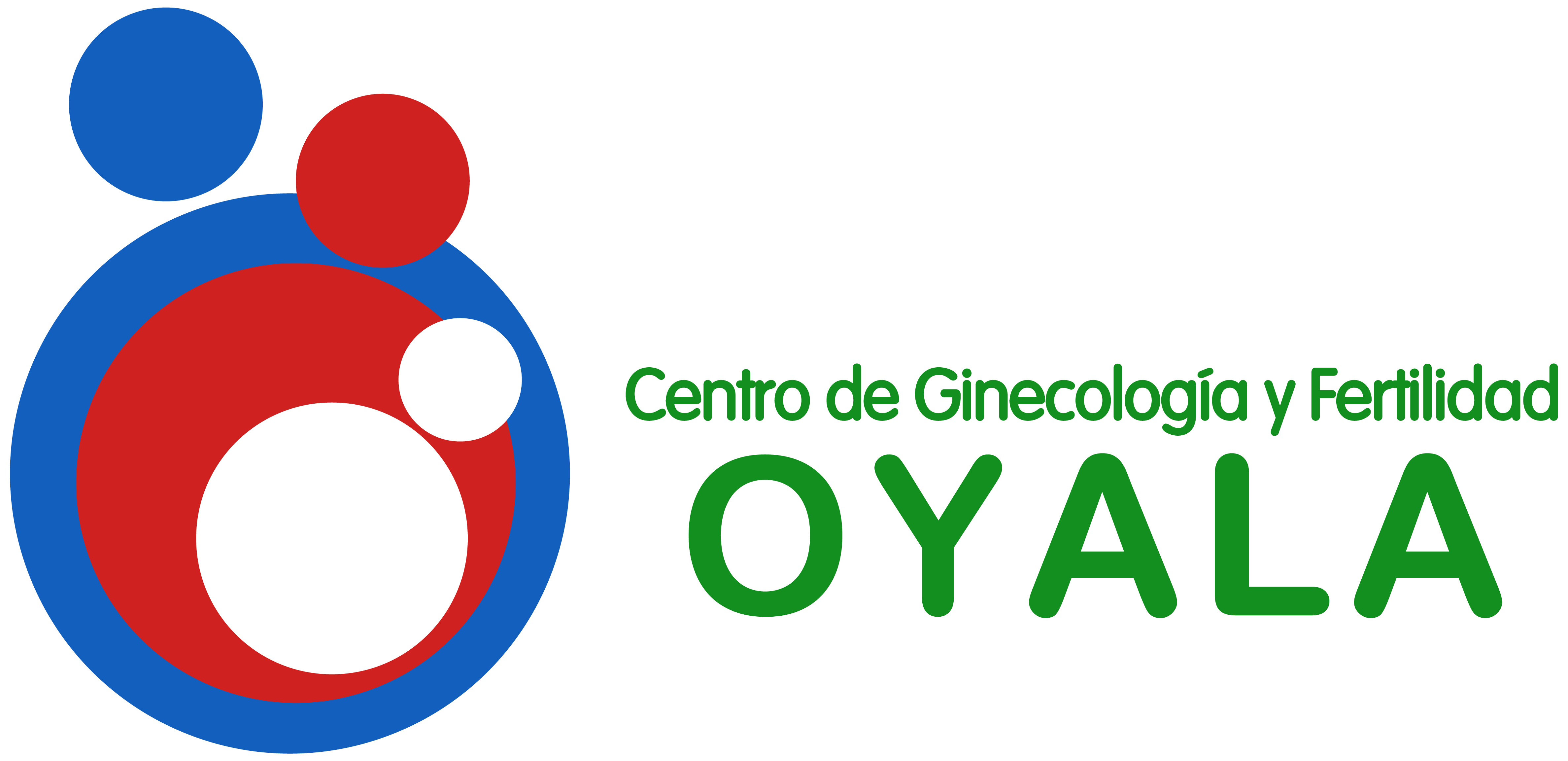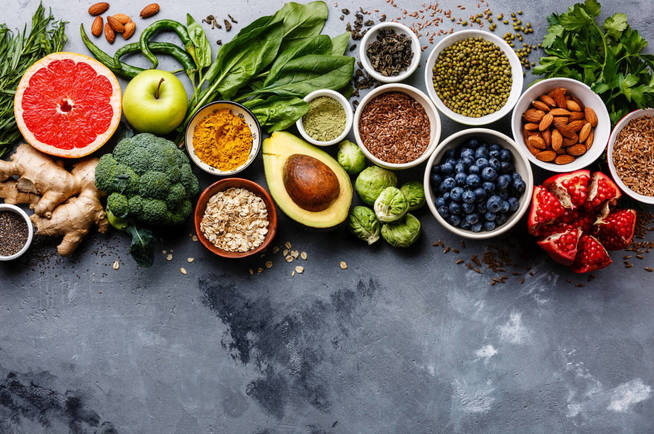Although infertility is a growing problem (currently, 17% of Spanish couples with a desire to procreate have problems to achieve it) and that the relationship between feeding and fertility is already widely documented, the food industry He has barely acted in this field.
The three drinks formulated so far (one for men, another preconception for women and another for women who have started some assisted reproduction treatment) have common components such as vitamin D or tryptophan. However, there are other newer micronutrients especially indicated for each case and extracted from fruits such as pomegranate, watermelon, mango or persimmon.
Three functional drinks have been formulated: one for men and two for women in the process of becoming pregnant. In the last decade, the scientific literature that relates food to fertility has skyrocketed. And although it is true that in most cases the cause of infertility is multifactorial.
A healthy diet for fertility would be one that is varied in the food groups, low in fat and of high nutritional value, rich in water, absent of toxic substances and that favors the intake of natural products compared to the processed ones. Our famous Mediterranean diet, from which, unfortunately, we have moved away. The consequences are clear: a study published this week in ‘Human Reproduction’ has found a direct relationship between fast food intake and longer time to pregnancy.
According to the Spanish Fertility Society (SEF), alterations capable of reducing the probability of spontaneous pregnancy can affect the production of male and female gametes, their effective interaction or the ability of the embryo already fertilized to implant and develop.
For women
The most common cause of female sterility (in the production of gametes) is the so-called polycystic ovary syndrome (sometimes associated with obesity and insulin resistance). In this case, a diet rich in fruits and vegetables, nuts and fiber-rich foods is recommended. A study shows a direct relationship between fast food intake and a longer time to achieve pregnancy. Foods rich in inositol (a derivative of vitamin B), such as whole grains, citrus fruits, seeds and beans, help restore the hormonal imbalance in the polycystic ovary. And resveratrol, present in red grapes, red fruits, peanuts, bitter chocolate and oysters, improves the rhythmicity of the menstrual cycle.
Avoid foods with high glycemic content such as sweets, products made with white flour, industrial pastries, white sugar … Also an excess of potatoes (especially fried), sweet corn and fruits rich in sugars such as figs, raisins, bananas or dates . If there is overweight or obesity, it is advisable to lose weight.
For men
A diet rich in nutrients such as omega 3 fatty acids (olive oil, blue fish, nuts) is essential for spermatogenesis. Antioxidants that eliminate excess free radicals, such as vitamin E (vegetable oils, nuts, seeds and green leafy vegetables maintain cell membranes), vitamin C (peppers, tomatoes and citrus improve sperm count and motility ), beta-carotene (carrot, spinach and pumpkin favor motility), lycopene (tomato improves sperm morphology), selenium, zinc, cryptoxanthin … and other vitamins such as D (present in egg yolk, salmon and especially in the solar rays, its deficit has been related to a decrease in the production of testosterone and a lower synthesis of sperm) and folate (casserole, green leafy vegetables, legumes, beer yeast, almonds) are associated with an improvement in quality sperm.
On the contrary, some studies find the decrease in seminal quality associated with excessive consumption of red and processed meats, foods rich in soybeans, sweets and sweetened beverages, certain whole dairy products and the intake of alcohol and caffeine.

